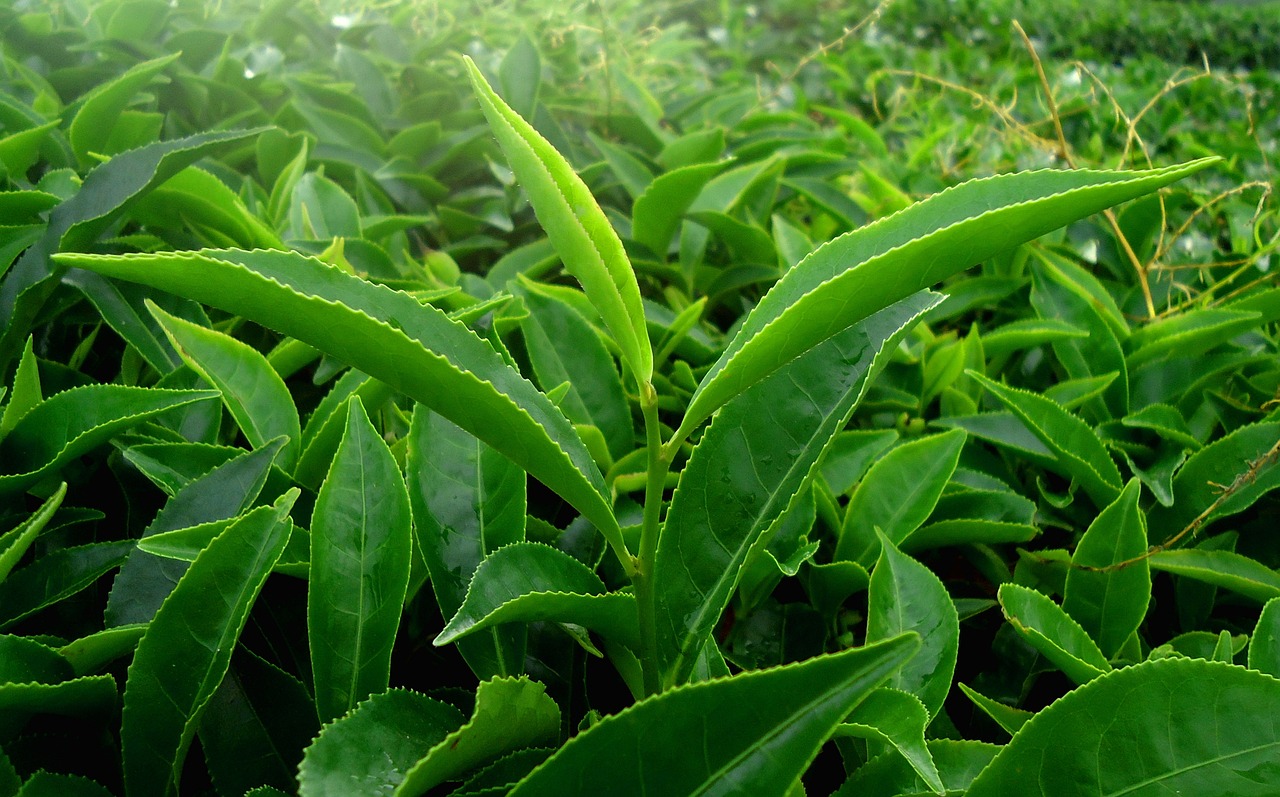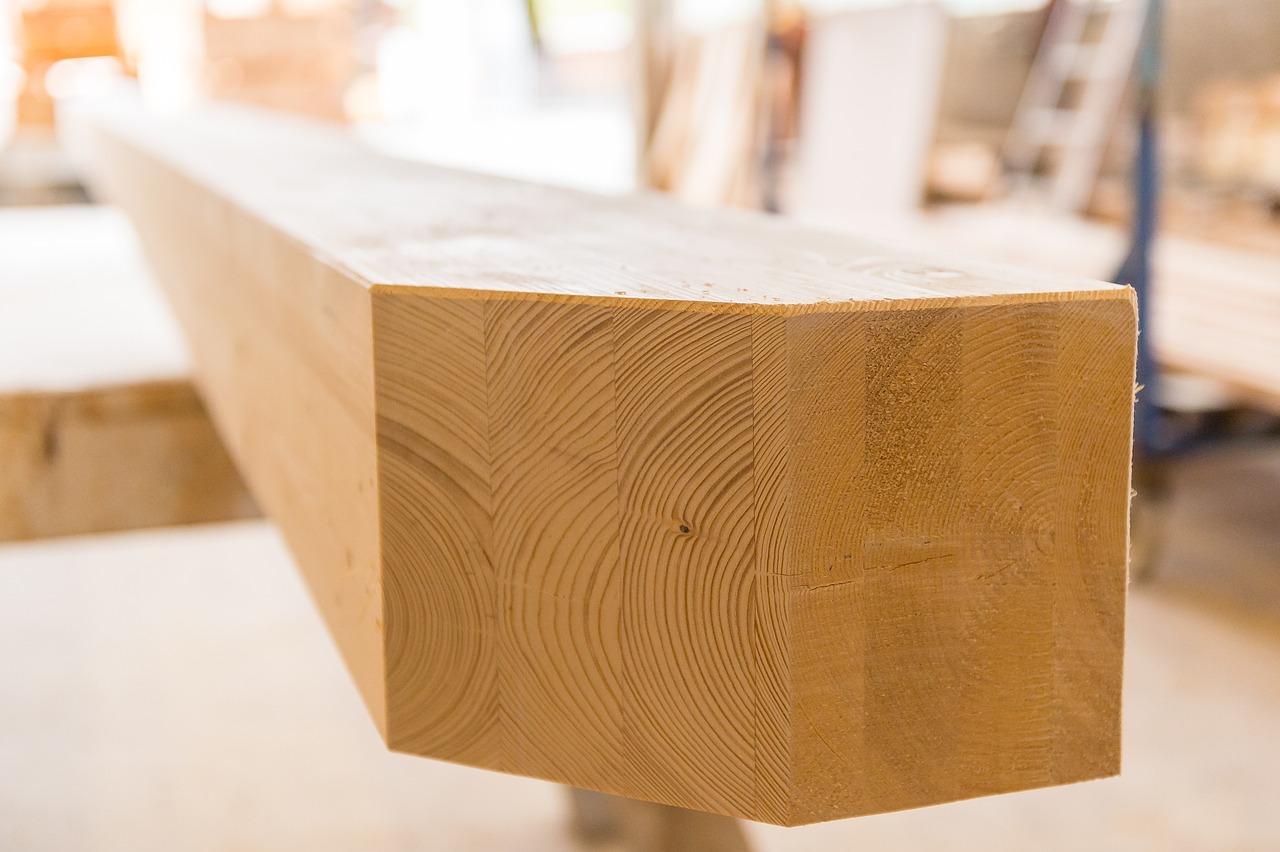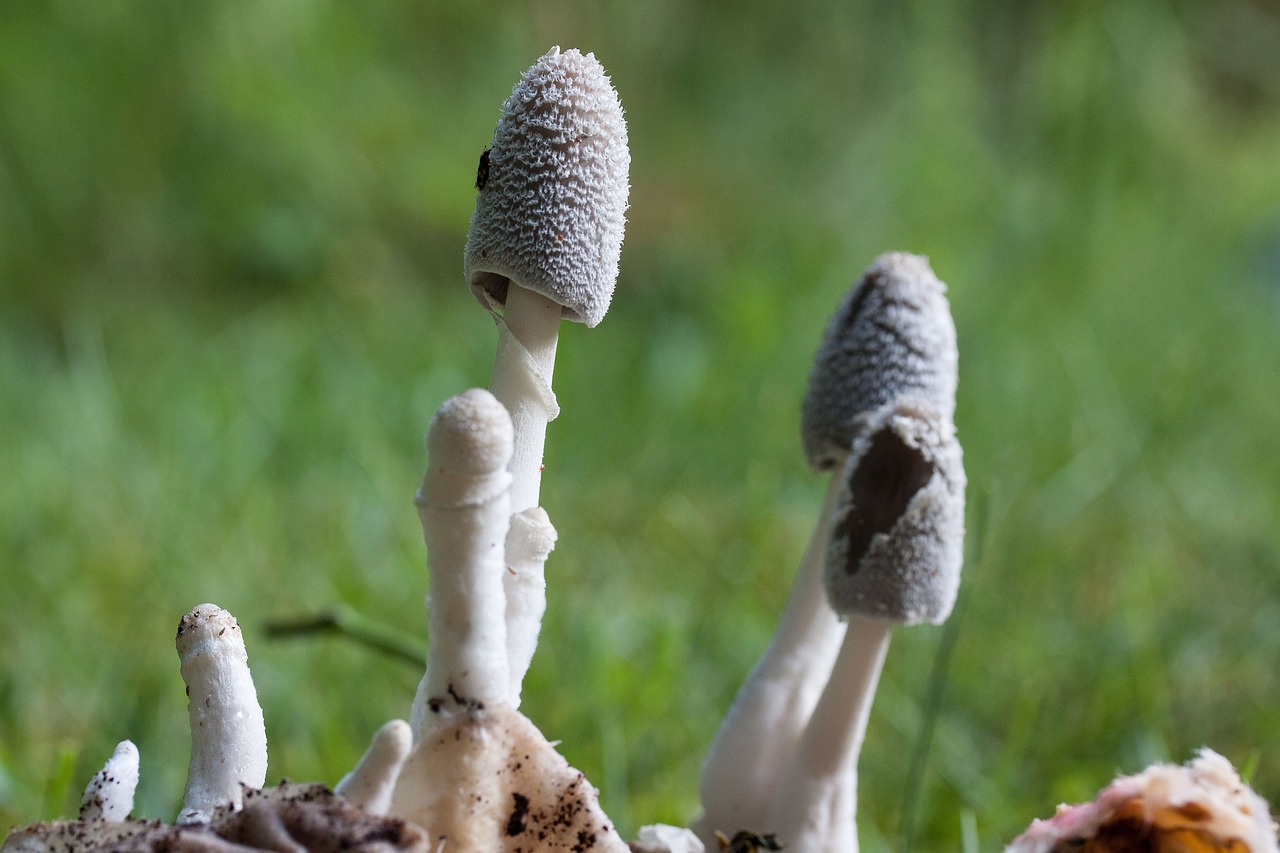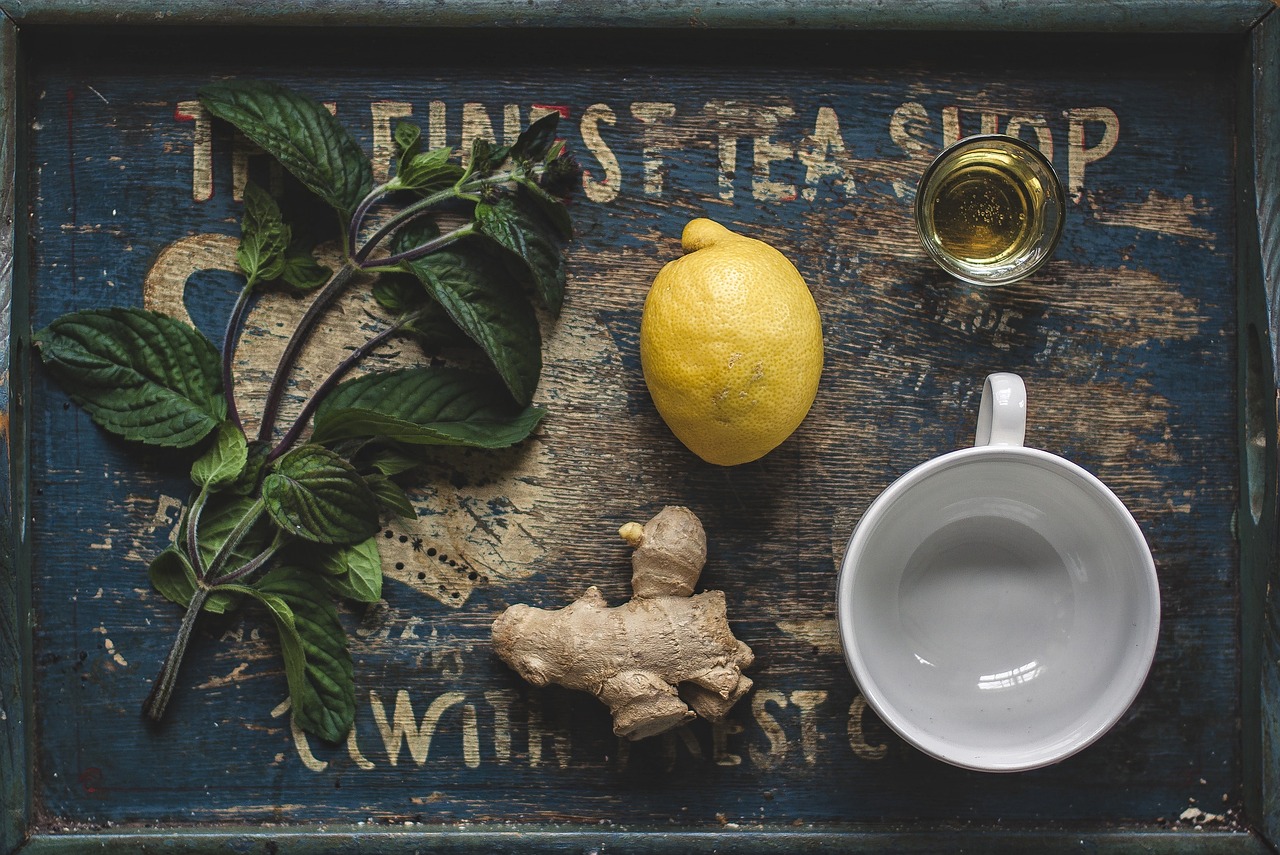How to Create a DIY Compost Tea for Plants
Creating your own DIY compost tea for plants is a rewarding and eco-friendly way to boost the health of your garden. This nutrient-rich liquid fertilizer can provide a wide range of benefits for your plants, from improving soil structure to enhancing nutrient availability. By following a few simple steps, you can brew your own compost tea at home and give your plants the organic boost they need to thrive.

Benefits of Compost Tea
Compost tea is a powerful elixir for your plants, offering a multitude of benefits that can transform your garden into a thriving oasis of greenery. One of the key advantages of using compost tea is its ability to enhance the availability of nutrients in the soil, providing your plants with a rich source of essential elements for growth and development. Additionally, this nutrient-rich liquid fertilizer helps to improve soil structure, creating a healthy environment for plant roots to flourish and absorb nutrients efficiently.
Furthermore, compost tea acts as a natural defense mechanism for your plants, boosting their resistance to diseases and pests. By introducing beneficial microorganisms into the soil, compost tea helps to establish a robust microbial community that can outcompete harmful pathogens, keeping your plants strong and vibrant. This natural shield not only protects your plants but also promotes overall ecosystem health in your garden.
Moreover, the benefits of compost tea extend beyond plant health to environmental sustainability. By recycling organic waste materials into a valuable resource for your garden, you are contributing to the reduction of landfill waste and promoting a more eco-friendly approach to gardening. Compost tea embodies the concept of turning waste into wealth, harnessing the power of nature to nurture your plants and the planet simultaneously.

Choosing the Right Ingredients
When it comes to creating a successful batch of compost tea, selecting the right ingredients is crucial. The key components needed for making compost tea include quality compost, water, aeration sources, and optional additives like molasses or seaweed. Quality compost serves as the foundation of your tea, providing essential nutrients and beneficial microorganisms that will benefit your plants. It's important to use well-aged compost that is rich in organic matter and free from any harmful chemicals or contaminants.
Water is another essential ingredient in compost tea production. Make sure to use clean, non-chlorinated water to avoid harming the beneficial microbes in the compost. Aeration sources, such as air stones or compost tea brewers, are necessary to oxygenate the tea during the brewing process. Proper aeration promotes the growth of beneficial microorganisms while preventing the development of harmful pathogens.
Additionally, you may choose to add optional ingredients like molasses or seaweed to enhance the nutrient content of your compost tea. Molasses acts as a food source for beneficial bacteria, helping them multiply and thrive in the tea. Seaweed, on the other hand, provides trace minerals and growth hormones that can boost plant health and vitality.
Experimenting with different combinations of ingredients can help you tailor your compost tea to meet the specific needs of your plants. By choosing the right ingredients and following the brewing process carefully, you can create a nutrient-rich liquid fertilizer that will nourish your garden and promote healthy plant growth.

Types of Compost to Use
When it comes to creating compost tea, the type of compost you use plays a crucial role in determining the nutrient content and effectiveness of the final product. Different types of compost materials can be utilized to brew nutrient-rich compost tea that benefits your plants in various ways.
One common type of compost used in making compost tea is kitchen scraps. These include fruit and vegetable peelings, coffee grounds, and eggshells. Kitchen scraps are rich in organic matter and essential nutrients, making them an excellent choice for creating a nutrient-dense compost tea.
Yard waste, such as grass clippings, leaves, and small twigs, is another popular option for compost tea. Yard waste adds a diverse range of organic materials to the compost tea, contributing to a well-balanced nutrient profile that can benefit a wide variety of plants.
Manure is a potent ingredient that can supercharge your compost tea with valuable nutrients like nitrogen, phosphorus, and potassium. However, it's essential to use well-aged manure to avoid the risk of introducing harmful pathogens to your plants.
Leaf mold, which is essentially decomposed leaves, is a fantastic addition to compost tea due to its high organic matter content. Leaf mold helps improve soil structure, retain moisture, and provide a slow release of nutrients to plants, making it a valuable component in compost tea recipes.
By carefully selecting and combining these different types of compost materials, you can create a nutrient-rich compost tea that will nourish your plants and enhance soil health. Experimenting with various compost ingredients can help you tailor your compost tea to meet the specific needs of your garden and plants.

Understanding the Brewing Process
When it comes to understanding the brewing process of compost tea, it's essential to grasp the intricate steps involved in creating this nutrient-rich fertilizer. The process begins with selecting the right brewing vessel, ensuring it is clean and free of any contaminants that could negatively impact the tea's quality. Next, quality compost is added to the vessel, along with water to create the base liquid for brewing. This mixture serves as the foundation for extracting beneficial nutrients and microorganisms essential for plant growth.
Aeration plays a critical role in the brewing process, as it helps oxygenate the mixture and promote the growth of beneficial aerobic bacteria and fungi. Proper aeration ensures that harmful anaerobic pathogens do not thrive in the tea, maintaining its effectiveness as a plant fertilizer. Monitoring the temperature of the brew is also crucial, as it can impact the growth of microorganisms and the overall quality of the tea.
Throughout the brewing period, which typically ranges from 12 to 24 hours, it's important to maintain a consistent level of aeration and agitation to ensure proper oxygen flow. This continuous movement helps extract nutrients from the compost and encourages the proliferation of beneficial microorganisms. The brewing time may vary depending on the desired strength of the tea and the specific needs of the plants it will be applied to.

Importance of Aeration
When it comes to brewing compost tea, one of the most critical factors to consider is the . Aeration plays a vital role in the compost tea brewing process by ensuring that beneficial microorganisms have enough oxygen to thrive while inhibiting the growth of harmful pathogens. Without proper aeration, the tea may become anaerobic, leading to the proliferation of undesirable bacteria and fungi that can harm your plants.
To understand the significance of aeration, imagine a bustling city with well-ventilated streets where people can freely move around and interact. In contrast, a city with poor ventilation would quickly become congested and polluted, inhibiting the inhabitants' ability to thrive. Similarly, in compost tea, adequate aeration creates an environment where beneficial microorganisms can flourish, breaking down organic matter effectively and providing essential nutrients to your plants.
During the brewing process, oxygen is essential for the growth and reproduction of aerobic bacteria and fungi, which are responsible for decomposing organic materials in the compost and releasing valuable nutrients. Proper aeration also helps prevent the development of anaerobic conditions, which can lead to the production of harmful compounds that may harm plant roots and soil ecosystems.
One effective way to ensure proper aeration is to use an aeration source such as an aquarium pump or an air stone in your compost tea brewing vessel. These tools help oxygenate the tea by creating bubbles that mix and aerate the liquid, providing a conducive environment for beneficial microorganisms to thrive. Regularly monitoring and adjusting the aeration levels throughout the brewing process is crucial to maintain optimal conditions for microbial activity.
In essence, aeration is the lifeblood of compost tea production, driving the growth of beneficial microorganisms that contribute to soil health and plant vitality. By understanding and prioritizing the importance of aeration in your compost tea brewing process, you can harness the power of nature to create a nutrient-rich fertilizer that will enhance the growth and resilience of your plants.

Application and Storage Tips
When it comes to applying compost tea to your plants, there are a few key tips to keep in mind for optimal results. Firstly, it's essential to dilute the compost tea before application to avoid over-fertilizing your plants. A general rule of thumb is to dilute the tea with water at a ratio of 10:1, but this can vary depending on the strength of your brew and the sensitivity of your plants.
Another important consideration is the method of application. Compost tea can be applied to plants through various means, such as foliar spraying or drenching the soil around the roots. Foliar spraying is ideal for delivering nutrients directly to the leaves, while soil drenching ensures that the roots receive the benefits of the tea.
When it comes to storing your compost tea, it's crucial to maintain its effectiveness by storing it properly. Compost tea is best used within 24 hours of brewing to ensure the viability of beneficial microorganisms. If you need to store it for longer periods, consider using an aerated container to prevent the tea from becoming anaerobic and losing its potency.

DIY Compost Tea Recipes
Creating your own DIY compost tea is not only a rewarding experience but also a great way to provide your plants with a nutrient-rich boost. By customizing your compost tea recipes, you can cater to the specific needs of different plants in your garden. Let's delve into some creative and effective DIY compost tea recipes that you can easily whip up at home.
For a general-purpose compost tea that can benefit a wide range of plants, you can mix equal parts of well-aged compost and water in a brewing vessel. Add a tablespoon of molasses to feed the beneficial microorganisms and enhance the microbial activity. Let the mixture brew for 24-48 hours, ensuring proper aeration throughout the process.
If you're looking to give your seedlings a healthy start, consider brewing a seedling starter tea. Combine compost with water in a 1:5 ratio to create a more diluted solution suitable for young plants. This gentle tea provides essential nutrients without overwhelming delicate seedlings.
For flowering plants that require an extra nutrient boost during blooming season, a flowering plant tea can work wonders. Mix compost with water and add a small amount of seaweed extract to promote flowering and fruiting. Brew the tea for 24 hours and apply it to your flowering plants for vibrant blooms.
When your plants need a quick foliar spray for an instant nutrient uptake, a foliar spray tea can come in handy. Dilute compost tea with water in a 1:10 ratio and pour it into a spray bottle. Lightly mist the leaves of your plants to provide them with a direct dose of nutrients for immediate absorption.

Testing and Adjusting Your Compost Tea
Testing and adjusting your compost tea is a crucial step to ensure its effectiveness in promoting plant growth and soil health. One simple method to test the quality of your compost tea is through sensory observations. By smelling the tea, you can detect any foul odors, which may indicate anaerobic conditions or the presence of harmful pathogens. Additionally, observing the color of the tea can provide insights into its nutrient content and microbial activity. A healthy compost tea should have a earthy smell and a dark, rich color.
For a more in-depth analysis, using a microscope to observe the microbial population in the tea can be beneficial. This method allows you to assess the diversity and abundance of beneficial microorganisms present in the tea. A high concentration of beneficial bacteria and fungi is indicative of a well-brewed compost tea that can enhance soil biology and plant growth.
If you find that your compost tea is not meeting the desired quality standards, adjustments can be made to improve its efficacy. Increasing aeration during the brewing process can help promote the growth of beneficial microorganisms and reduce the risk of pathogen development. Adding aeration sources like air stones or bubblers can enhance oxygen levels in the tea, creating a more favorable environment for beneficial microbes.
Frequently Asked Questions
- What are the benefits of using compost tea in gardening?
Compost tea offers numerous benefits for plants and soil health. It enhances nutrient availability, improves soil structure, and boosts plant resistance to diseases and pests. Additionally, it promotes the growth of beneficial microorganisms that contribute to overall plant vitality.
- Can I customize my compost tea recipe based on plant needs?
Absolutely! DIY compost tea recipes can be tailored to specific plant requirements. Different teas can be created for general plant health, seedling growth, flowering plants, and even foliar sprays. By adjusting the ingredients and brewing process, you can cater to the unique needs of your plants.
- How important is aeration in the compost tea brewing process?
Aeration is crucial in compost tea brewing as it helps promote the growth of beneficial aerobic microorganisms while inhibiting the development of harmful pathogens. Proper aeration ensures that the tea is rich in beneficial microbes, which are essential for plant health and nutrient uptake.
- What are some key tips for applying and storing compost tea?
When applying compost tea, it's important to follow dilution ratios, use appropriate application methods, and store any excess tea properly to maintain its effectiveness. By adhering to best practices, you can ensure that your plants receive the maximum benefits from the compost tea.
- How can I test the quality of my compost tea?
You can assess the quality of your compost tea through simple methods like observing its smell, color, and using a microscope to check for microbial activity. These tests can help you determine the potency of the tea and make any necessary adjustments for optimal plant nourishment.



















